Kenya. The Search for Popular Wisdom.
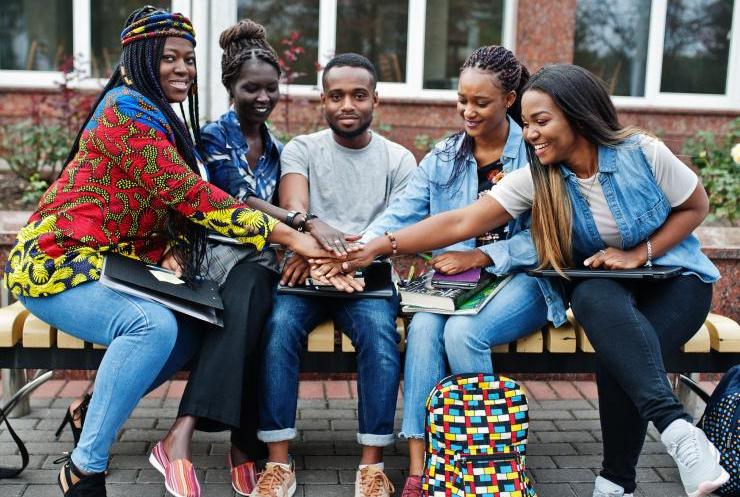
A group of educators, supported by Tangaza University College, have embarked on a civic education path to prevent violence in Nairobi’s populous neighbourhoods. A path that serves to bring out the Utu culture, full Humanity. With many surprises.
In the Huruma area, on the eastern outskirts of Nairobi, a group of civic educators got together to write the story of a different future. They formed a professional association, called the Wajibika Mashinani Trust, and embarked on a civic education path to prevent violence in the mitaa, that is, the settlements of these densely populated urban suburbs. They do not call them slums, a term full of derogatory, dehumanizing meaning. Instead, they see them as dynamic centres in which new cultures are emerging, rich in energy and creativity, especially among the most enterprising young people, the many groups of women who promote themselves, and various local associations with socio-economic and solidarity purposes.
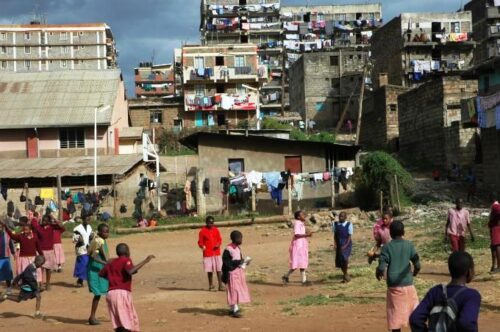
In the Huruma area, on the eastern outskirts of Nairobi, a group of civic educators got together to write a different story. File swm
Examples of this are the emergence of Sheng (Swahili-English), a real language of the people created by young people, and the mural art of young talented artists, who rework the meaning of life situations and motivate change. Both of these examples are products of ingenuity and collective approaches that provide new insights and paths of social transformation that are both participatory and indigenous. The Wajibika Mashinani initiative aims to bring out the Utu culture (known as Ubuntu in South Africa), at the heart of the cultural and spiritual heritage of peoples in sub-Saharan Africa, to promote humanization paths that restore dignity, rebuild friendship, and nourish universal fraternity.
The leader, Sultan Somjee
With the support of the Institute for Social Transformation, a department of Tangaza University College (Catholic University of East Africa), and led by Sultan Somjee – renowned ethnographer and writer, former founder of the movement for community museums of peace in Kenya – these civic educators are working with various neighbourhood groups and communities in different mitaa in the eastern suburbs of Nairobi. Their work starts from the enhancement of the expressions of full Humanity (Utu) found in local cultures and knowledge.
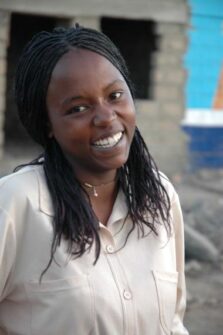
The Sheng (Swahili-English), the real language created by young people.
The starting point is field research and documentation of these living traditions. This listening phase draws on people’s experiences, their verbal and visual languages, and their material culture. Thus, various generative themes have emerged such as the suffering of women – who end up paying the highest price – during electoral violence, or the divisive and instigating dynamics of violence promoted by some politicians. Other issues that have raised the need to restore the dignity of residents are those of police corruption and violence, which have a significant impact on the lives of ordinary people.
Stories are collected and told which are direct experiences of these realities, and then shared also through street theatrical performances, interpreted by the inhabitants of the settlements where the events occurred. Through dramatic or satirical sketches, songs accompanied by music and dance, proverbs and riddles – that is, taking up again those profoundly communicative expressive forms in local cultures – a critical awareness of reality is promoted, and voice and space are given both to the discovery and to the proposal of a regenerated society.
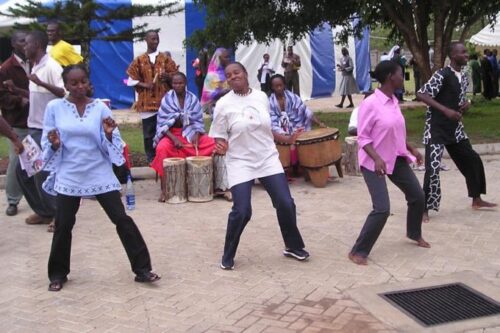
The Mitaani Festival aims to awaken the ancestral wisdom that humanizes local people and communities. File swm
This gave rise to the Mitaani Festival of the cultures of Utu, or of full humanity. Held in July, this festival aims to awaken the ancestral wisdom that humanizes local people and communities.
In addition to the activities already mentioned, there will be other initiatives for meeting and popular dialogue, such as the involvement of pupils from schools, Churches, and other territorial realities, always starting with the presentation of eloquent elements of ancestral cultures, such as the trees of peace.
Having lost the key to traditions, the new generations, born and raised in the big city – a multicultural environment and subject to the strong influence of the globalization processes – have often lost the key to accessing local wisdom and knowledge, expressed in native languages and traditional cultures. The journey started in these peripheral settlements sets in motion the processes of cultural and spiritual re-appropriation by the people. What is striking is the enthusiasm and psychosocial impact that these activities are arousing in the participants and that they propose an alternative response to the tensions and plots of violence unfortunately recurring in the electoral period.
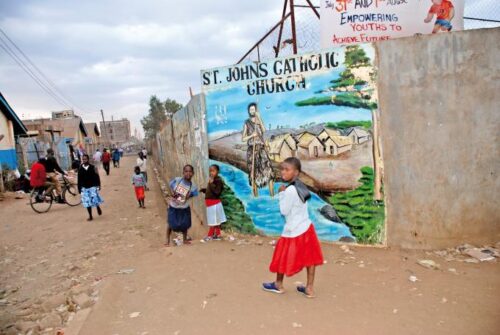
The Comboni mission of Kariobangi is also involved in this process, in collaboration with the Institute for Social Transformation. Apart from the urgency of the situation that brings together multiple actors for the common good, the approach adopted is very much in tune with the Comboni vision of mission, characterized by a marked interest in African solutions to social issues in Africa, which lead to an experience of rebirth, of life in fullness, not only on a personal but also on a community and social level. Furthermore, the enhancement of the knowledge and spirituality of people helps to overcome situations of dependence and loss of subjectivity on the part of the people, and – in the context of an increasingly interconnected world – it also involves the enhancement of the specifically African contribution that enriches the whole of humanity, in a conviviality of differences open to the world.
Alberto Parise



